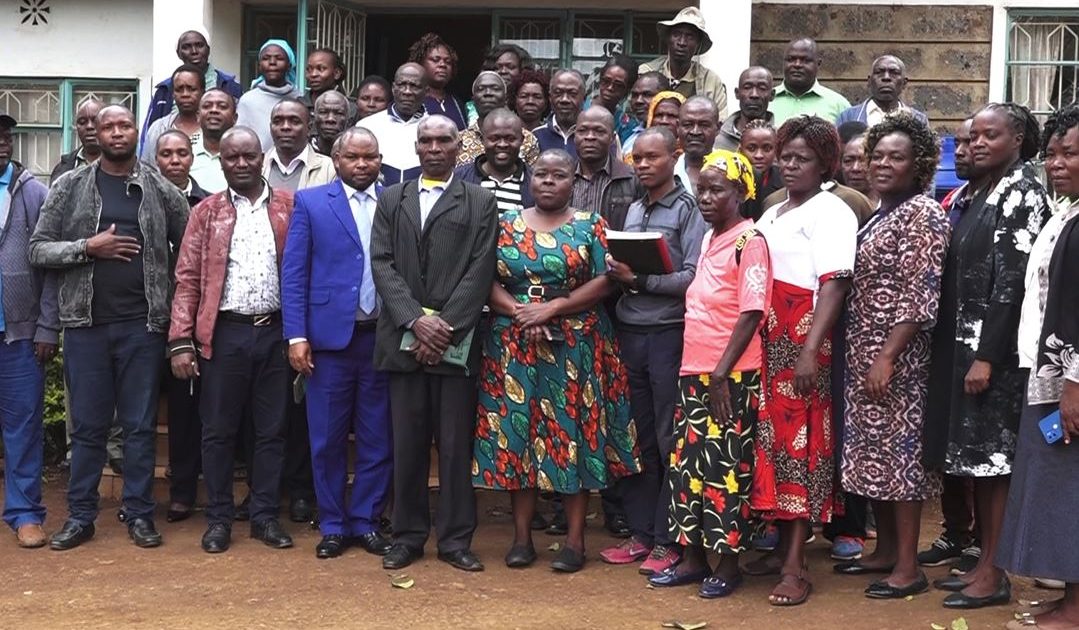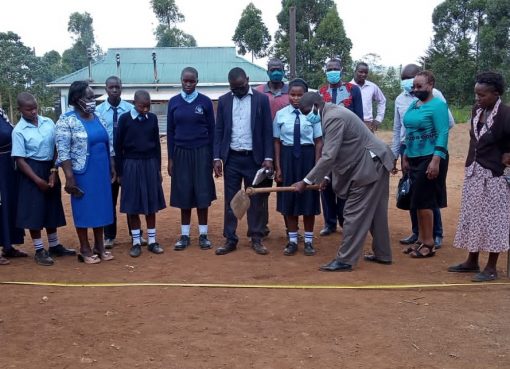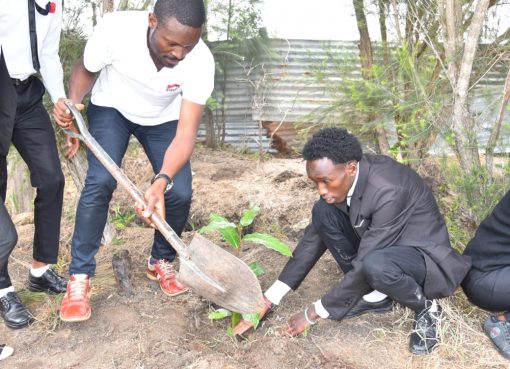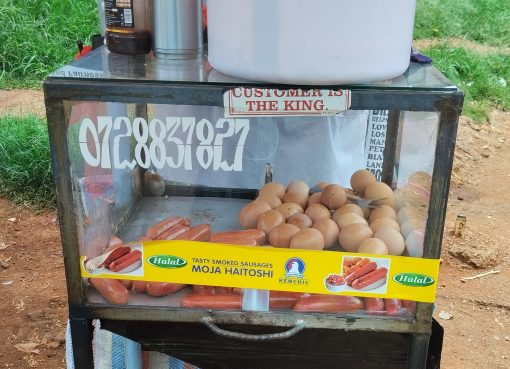A group of farmers from Vihiga County have toured Embu on a benchmarking programme to one of the best-performing irrigation projects to learn new agronomy practises.
The Rupingazi-Weru Irrigation Scheme in Embu has been ranked as one of the best implemented National Agricultural and Rural Inclusive Growth Project (NARIGP) funded projects countrywide.
The project, located in the semi-arid Mbeere North Constituency, draws its water from the Rupingazi River approximately 17 kilometres away and supports several value chains, including mango farming, muguka, tomatoes, bananas, watermelons, green gramme, poultry, and dairy.
The Sh298 million project launched in 2020 supports over 500 households with domestic and irrigation water, turning the dry area into an agricultural economic hub.
The Vihiga team from Wemilabi-Central Bunyore Irrigation Scheme, led by County Capacity Building Officer Moses Isiye, said their tour was aimed at drawing valuable lessons from their Embu peers that they can apply to their project to maximise production and earnings.
“We want to replicate the farming tactics that have been employed by this group in our scheme to increase production,” said Isiye.
Speaking on Monday, where they were received by Embu County Agriculture Chief Officer Njeru Mwita, Isiye said they also want to establish what other value chains they could introduce in the scheme besides indigenous vegetables, which have been their predominant economic activity.
The farmers were accompanied by MCAs Paul Tirra (Central Bunyore) and Patrick Akhwale (Wemilabi), where the scheme is domiciled, who pledged to continue supporting farmers in every possible way to transform their economic fortunes.
The Embu County Agriculture Chief Officer said the scheme had gone a long way in fighting desertification by transforming the arid lands into fertile farms where they could also diversify their farming instead of relying on muguka alone.
By Samuel Waititu





